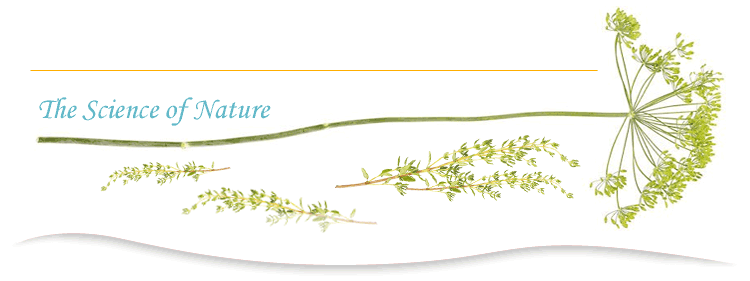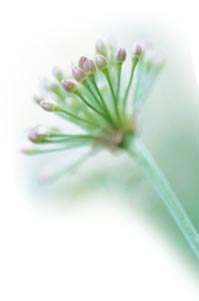

Lycopene
Description
Lycopene is part of the large group of carotenoids, which also include vitamin A, alpha and beta carotene, lutein and zeaxanthin. Lycopene is mainly found in tomatoes and tomato products.
Function
Lycopene acts as a free radical scavenger and antioxidant. Research demonstrate that lycopene can help to protect against macular degeneration, heart disease and some types of cancers (especially lung, stomach, and prostate but it may also help to protect against cancer of the cervix, breast, mouth, pancreas, esophagus, colon and rectum). Lately, its protective effect against prostate cancer has drawn a lot of attention.
Sources
Lycopene is mainly found in higher concentration in tomatoes and tomato products. The following fruits may also constitute a good source of lycopene: apricots, guava, papaya, pink grapefruit and watermelon.
Important notice: please click here.
I want to learn more
Additional Sources of Information:
Scientific References
A prospective study of tomato products, lycopene, and prostate cancer risk. Giovannucci E, Willett WC, Stampfer MJ, Liu Y, Rimm EB (2002). J. Natl Cancer Inst 94 (5): 391–396.
Cancer chemoprevention through dietary antioxidants: progress and promise. Khan N, Afaq F, Mukhtar H (2008).. Antioxid. Redox Signal. 10 (3): 475–510. doi:10.1089/ars.2007.1740
[Abstract]
Carotenoids and human health. Rao AV, Rao LG (March 2007). Pharmacol. Res. 55 (3): 207–16.
[Abstract]
IARC Handbooks of Cancer Prevention: Volume 2: Carotenoids (IARC Handbooks of Cancer Prevention). IARC Working Group on the Evaluation of Cancer Preventive Agents (1998). Oxford University Press, USA. pp. 25. ISBN 92-832-3002-7.
Inhibitory effect of lycopene on cataract development in galactosemic rats.Pollack A, Madar Z, Eisner Z, Nyska A, Oren,P (1997). Metab Pediatr Syst Ophthalmol 19 (20): 31–36.
[Abstract]
Inhibitory effects of natural carotenoids, alpha-carotene, beta-carotene, lycopene and lutein, on colonic aberrant crypt foci formation in rats. Narisawa T, Fukaura Y, Hasebe M, Ito M, Nishino H, Khachik F, Murakoshi M, Uemura S, Aizawa R (1996). Cancer Lett 107 (1): 137–142.
[Abstract]
Intake of carotenoids and retinol in relation to risk of prostate cancer. Giovannucci E, Ascherio A, Rimm EB, Stampfer MJ, Colditz GA, Willett WC (1995).. J. Natl. Cancer Inst. 87 (23): 1767–76.
[Abstract]
Lycopene as the most efficient biological carotenoid singlet oxygen quencher. Di Mascio P, Kaiser S, Sies H (1989). Arch. Biochem. Biophys. 274 (2): 532–8.
[Abstract]
Lycopene inhibition of cell cycle progression in breast and endometrial cancer cells is associated with reduction in cyclin D levels and retention of p27(Kip1) in the cyclin E-cdk2 complexes. Nahum A, Sharoni Y, Prall OW, Levy J, Hirsch K, Watts CK, Danilenko M (2001). Oncogene 20 (26): 3428–436.
[Abstract]
Lycopene is a more potent inhibitor of human cancer cell proliferation than either alpha-carotene or beta-carotene. Levy J, Sharoni Y, Danilenko M, Miinster A, Bosin E, Giat Y, Feldman B (1995).. Nutr Cancer 24 (3): 257–266.
[Abstract]
Lycopene: a biologically important carotenoid for humans?, Stahl W, Sies H (1996).. Arch. Biochem. Biophys. 336 (1): 1–9.
[Abstract]
The potential role of lycopene for human health. Gerster H (1997). J Am Coll Nutr 16 (2): 109–26
[Abstract]
Tomato phytochemicals and prostate cancer risk. Campbell JK, Canene-Adams K, Lindshield BL, Boileau TW, Clinton SK, Erdman JW Jr. J Nutr. 2004; 134:3486S-3492S.
[Abstract]
Tomato products, lycopene, and prostate cancer: a review of the epidemiological literature. Giovannucci E. J Nutr. 2005.Aug;135(8):2030S-1S.